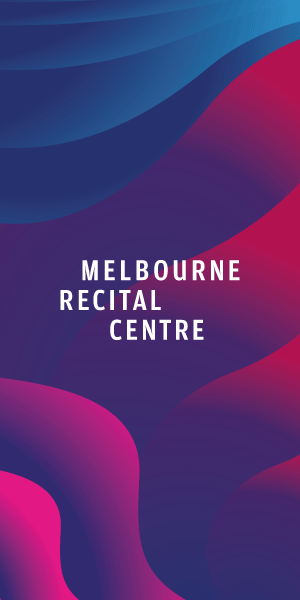The community councillor
An educator, publican, family man and proud member of the Flemington-Kensington Bowls Club – you’d struggle to find a more community-minded councillor than Davydd Griffiths.
Originally from Bendigo, the Flemington resident has lived and worked in the City of Melbourne for much of his life since first moving to the city as a uni student in the 1990s.
Since then he has worked as a secondary school teacher having previously taught at Mac.Robertson Girls High School. And in more recent years, he has earned his living in hospitality.
Now operating two venues in Kensington and West Melbourne, the renowned local publican said he first entered the world of hospitality through an unlikely source …
“I basically got into hospo by becoming voluntary president of the Flemington-Kensington Bowls Club back when the coffers there were empty. I love having a roll. I still bowl down there,” he said.
I had to learn how hospo works just to keep the doors open. Yes, the beers are cheap but we also went down the craft beer road very early which was controversial back in the day, don’t you worry about that … it’s probably still controversial now!
“As a publican, people speak to you very directly. It just means you’re encountering everyone in society, regardless of the issues. It’s not just people who naturally tend to come to council and pitch their needs. You hear everyone’s needs.”
But while he’s passionate about his local community, he said education was the driving force which first drove him into politics and joining the Labor Party.
The first-time councillor was elected to the City of Melbourne at last year’s elections on Labor’s endorsed council ticket, and he has been able to apply his passion as chair of the council’s education and innovation portfolio.
“In one sense, to come full circle and have that [education] as my portfolio at the City of Melbourne sort of returns back to the issues I started my public policy career around,” Cr Griffiths said.
With the city on its knees after a fourth COVID lockdown and key issues such as drawing international students back to Melbourne high on the agenda, Cr Griffiths’s experience in education and business provides a valuable mix on this council.
In addition to attracting international students back to the city, he said he was particularly keen to use the council’s auspices to continue advocating for big changes that would see more education, training and employment opportunities provided in the municipality.
“The latest most liveable city in the world-type rankings [show] Melbourne was still getting 100 out of 100 in the education area. When I talk to locals around here with the new school opening in Docklands, the new school in North Melbourne, it just re-emphasises the fact that people expect high-quality education from preschool right through to U3A.”
“It seems foolish to me to have jobs at the hospitals or the universities going out to places such as Werribee, where people from Werribee are coming into the city to do a job that a resident in the city could take on.”
“It’s that type of reimagining of the roles of what local education can be about. It’s that notion of worker housing, which is an important component when you think about how expensive some housing in the city is and how that precludes people of certain jobs including nurses, young doctors and others who can’t live in the city.”
The husband of former state Member for Melbourne Jennifer Kanis and father to nine-year-old son Blake, Cr Griffiths said he loved getting out and experiencing the city with his family at every opportunity.
And as one of six new councillors on the City of Melbourne, he said one of the silver linings to come out of the pandemic was how it had forced the council to come together and work positively for the community right from the outset.
“It doesn’t matter whose good idea it is, everyone is supporting all of those initiatives that help local residents recover and local workers to get jobs and local businesses to keep the doors open,” he said.
“It has to be about ensuring that various areas within Melbourne still have a sense of community about them that’s meaningful at a time of rapid change, even before COVID came along. I think that’s a really positive thing.” •

Bottega Tasca: Carlton’s go-to fine wine boutique




 Download the Latest Edition
Download the Latest Edition